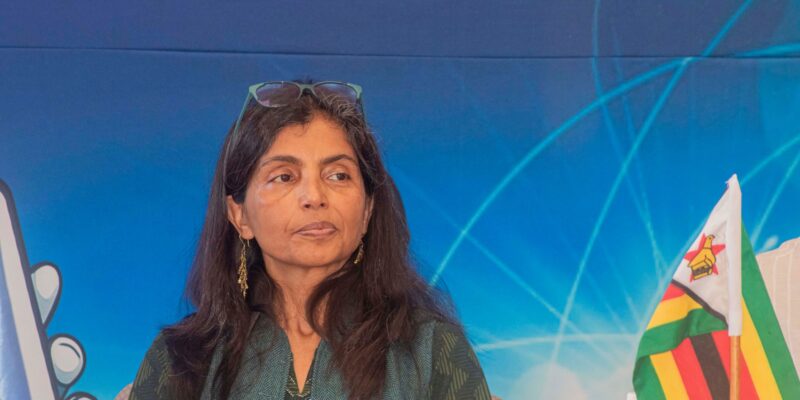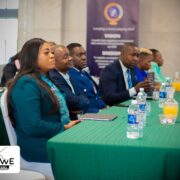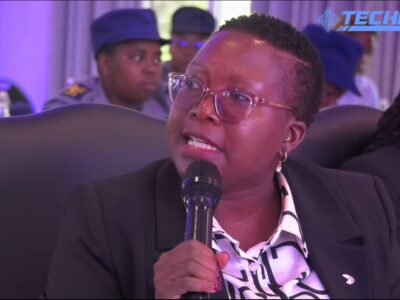During the 2025 World Press Freedom Day commemorations, UNESCO emphasised the critical need for ethical guidelines in the use of artificial intelligence (AI) by media organisations. The event, held under the theme “Reporting in the Brave New World: The Impact of Artificial Intelligence on Press Freedom and the Media,” brought together media stakeholders, policymakers, and experts to discuss the double-edged nature of AI in journalism.
When addressing the ethical imperative of AI in media, UNESCO’s Regional Director, Ms. Nisha, underscored the importance of aligning AI technologies with ethical frameworks to safeguard press freedom. She highlighted UNESCO’s 2021 “Recommendation on the Ethics of Artificial Intelligence”, which has already been adopted by member states, as a foundational document for guiding AI deployment in media.
By Gamuchirai Mapako
“Ethical governance frameworks for artificial intelligence are needed to ensure it supports press freedom and does not undermine it,” she stated.
The rapid adoption of AI in newsrooms has introduced efficiencies, such as automated content creation and fact-checking tools. However, Ms. Nisha warned that without proper oversight, these technologies risk perpetuating biases, spreading misinformation, and eroding public trust.
“Deepfakes and algorithm-driven content can spread disinformation quickly, undermining the credibility of media,” she said.
AI’s ability to generate realistic but false content, such as deepfakes, poses a significant threat to media integrity. Journalists and editors must develop the skills to identify and counter such threats to maintain public trust. In agreement, the chairperson for Zimbabwe Online Content Creators and Technomag’s editor in chief Mr Toneo Toneo also stressed the importance of fact checking as deepfakes are becoming prominent and hard to detect.
Many AI tools are developed in Western contexts, leading to biases that may misrepresent African realities.
Dr. Tabani Moyo, Executive Director of MISA Zimbabwe, also pointed out that most technologies used in our newsrooms are licenses of existing platforms, perpetuating colonial legacies. He stressed the need for locally developed AI solutions that reflect African perspectives.
The high cost of AI technologies risks marginalising smaller and community-based media outlets. Ms. Nisha noted, “AI costs money a lot of money. Community media may not be able to compete, threatening media plurality.” This digital divide could exacerbate inequalities in access to credible information. This supports the fact that Africans are using borrowed technology built to function in countries like China.
As AI facilitates data-driven reporting, journalists must ensure accuracy and avoid misinterpretations. “The speed of AI must meet the principles of ethical reporting, especially where data is involved,” Ms. Nisha added.
Governments and media institutions must collaborate to create regulations that ensure transparency, accountability, and fairness in AI use and to provide resources and training to help smaller outlets adopt AI responsibly without financial strain.
The event concluded with a consensus that while AI offers transformative potential for journalism, its ethical implications cannot be ignored. Dr. Moyo urged African nations to prioritise digital transformation strategies before diving into AI adoption.
“AI is a data-hungry technology. Without robust digital infrastructure, we risk reinforcing existing inequalities,” he said.














Comments